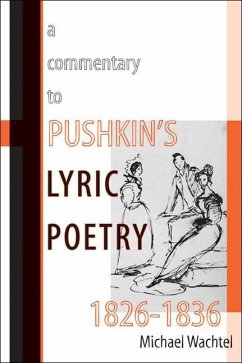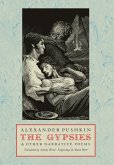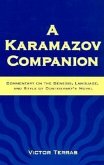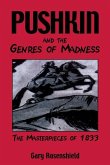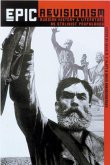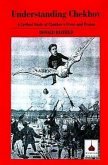Alexander Pushkin's lyric poetry--much of it known to Russians by heart--is the cornerstone of the Russian literary tradition, yet until now there has been no detailed commentary of it in any language. Michael Wachtel's book, designed for those who can read Russian comfortably but not natively, provides the historical, biographical, and cultural context needed to appreciate the work of Russia's greatest poet. Each entry begins with a concise summary highlighting the key information about the poem's origin, subtexts, and poetic form (meter, stanzaic structure, and rhyme scheme). In line-by-line fashion, Wachtel then elucidates aspects most likely to challenge non-native readers: archaic language, colloquialisms, and unusual diction or syntax. Where relevant, he addresses political, religious, and folkloric issues. Pushkin's verse has attracted generations of brilliant interpreters. The purpose of this commentary is not to offer a new interpretation, but to give sufficient linguistic and cultural contextualization to make informed interpretation possible.

